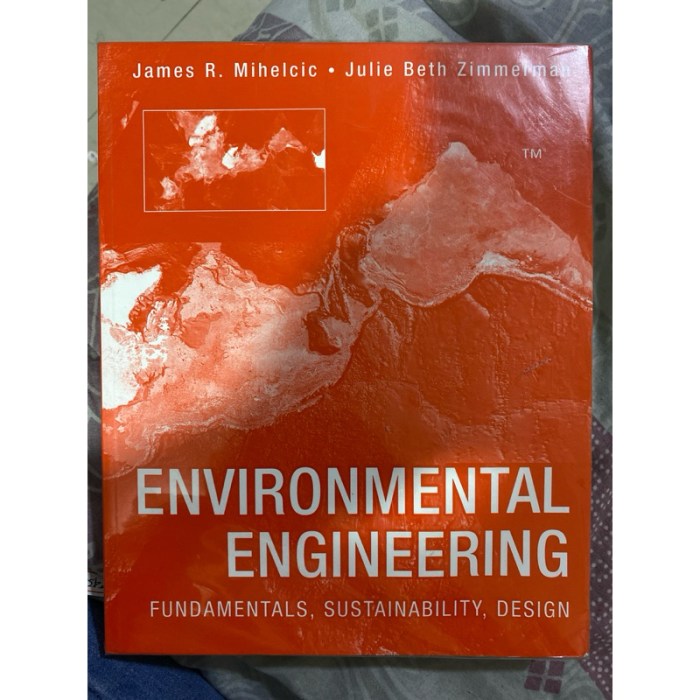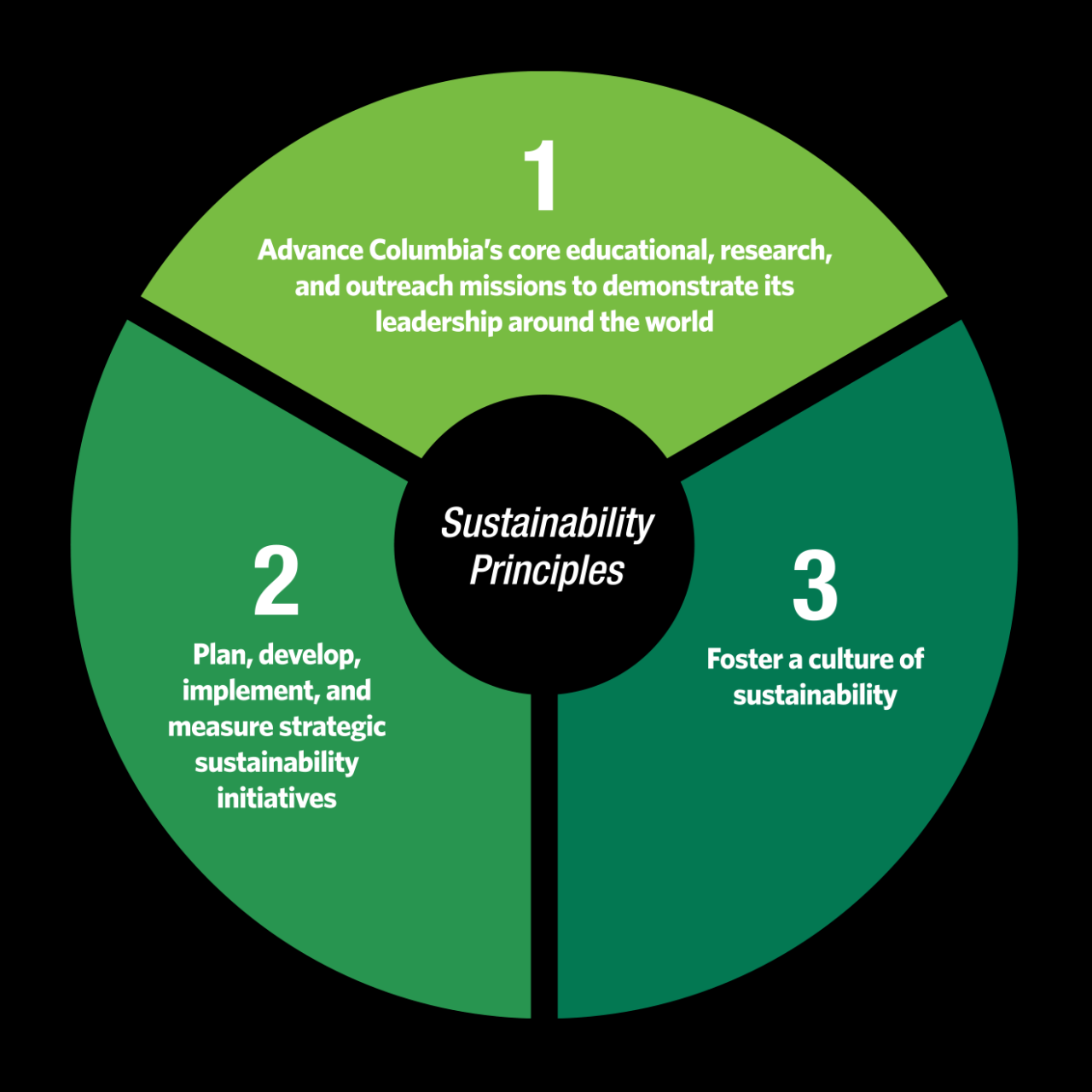Environmental engineering fundamentals sustainability design 3rd edition – Environmental Engineering Fundamentals, Sustainability Design, 3rd Edition provides a comprehensive and up-to-date introduction to the principles and applications of environmental engineering. Written by a team of leading experts in the field, this authoritative text covers the latest advances in environmental engineering and sustainability design.
The book begins with an overview of the fundamental principles of environmental engineering, including the history, ethical considerations, and regulatory framework. It then explores the key concepts of sustainability design, including life cycle assessment, energy efficiency, and waste management. The third edition has been extensively updated to reflect the latest developments in the field, including new chapters on climate change adaptation and resilience, and green infrastructure.
1. Environmental Engineering Fundamentals

Environmental engineering is a discipline that addresses the impact of human activities on the environment. It involves the design, construction, and operation of systems to control pollution and protect the environment.
Historical Development of Environmental Engineering
The field of environmental engineering has its roots in the 19th century, when the Industrial Revolution led to increased pollution and environmental degradation. In response, engineers began to develop technologies to control pollution and protect public health.
Examples of Environmental Engineering Applications, Environmental engineering fundamentals sustainability design 3rd edition
- Water treatment and distribution systems
- Wastewater treatment and disposal systems
- Air pollution control systems
- Solid waste management systems
2. Sustainability Design

Sustainability design is a process that seeks to minimize the environmental impact of a product, service, or system throughout its lifecycle. It involves considering the environmental, economic, and social impacts of a design decision.
Benefits of Sustainable Design
- Reduced environmental impact
- Improved resource efficiency
- Increased profitability
- Enhanced brand reputation
Challenges of Sustainable Design
- Higher upfront costs
- Lack of consumer awareness
- Complexity of sustainable design
3. Third Edition: Environmental Engineering Fundamentals Sustainability Design 3rd Edition
The third edition of Environmental Engineering Fundamentals: Sustainability Design has been extensively updated and revised to reflect the latest developments in the field. New content includes:
- A new chapter on climate change
- Updated information on green building and renewable energy
- Expanded coverage of sustainable design
FAQ
What are the fundamental principles of environmental engineering?
The fundamental principles of environmental engineering include mass balance, energy balance, and chemical reactions.
What are the benefits of sustainable design?
The benefits of sustainable design include reduced environmental impact, improved resource efficiency, and increased occupant health and well-being.
What are the challenges of sustainable design?
The challenges of sustainable design include increased cost, complexity, and lack of awareness.